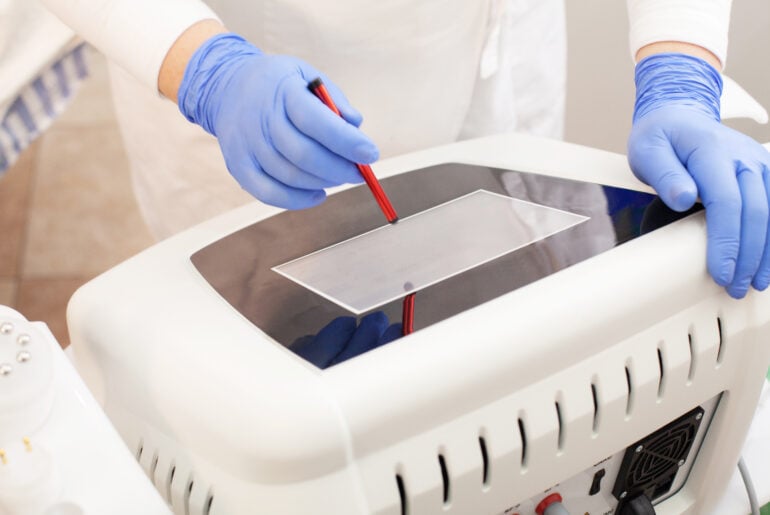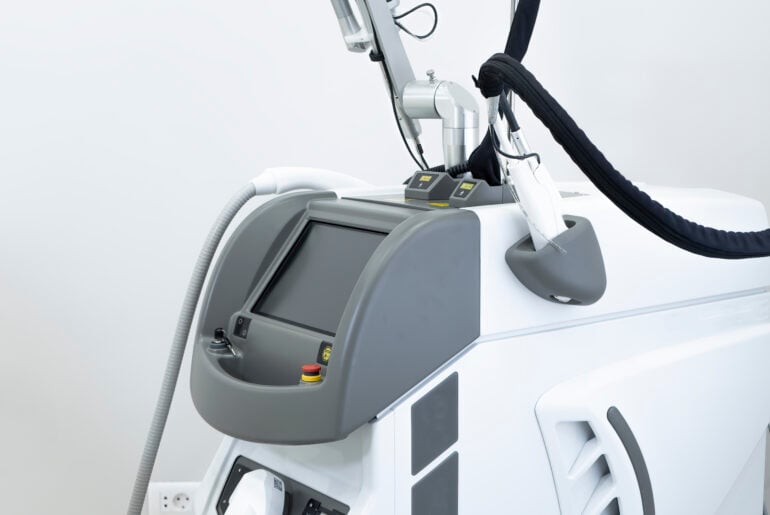In 2021, the U.S. Food and Drug Administration (FDA), Health Canada, and the UK’s Medicines and Healthcare products Regulatory Agency (MHRA) collaboratively identified ten guiding principles for good machine learning practice (GMLP). These principles aim to ensure the safe, effective, and high-quality development of AI/ML technologies in medical devices. Building on GMLP, these agencies are now developing a proposed regulatory framework for modifications to Artificial Intelligence / Machine Learning (AI/ML) – Based Software as a…
The UK’s MHRA has published a statement of policy intent for recognition of international regulators’ approvals of medical devices in Great Britain (GB). If your organisation’s medical device is authorised in any of Australia, Canada, the EU, or USA (together, Comparable Regulator Countries or CRCs), you may be able to leverage this to gain fast-tracked access to the GB market. This means that manufacturers may be able to side-step the full UK authorisation process for…

The UK Medicines and Healthcare products Regulatory Agency (MHRA) on 30 April 2024 set out its strategic approach to artificial intelligence (AI). In particular, the MHRA welcomed the publication of the UK Government’s white paper ‘A pro-innovation approach to AI regulation’, published in 2023, and has taken significant steps in the past 12 months to adopt its recommendations in the work they do based on five key strategic principles. These principles encompass safety, security and robustness; appropriate…

As the pharmaceutical industry adjusts to the further changes the Windsor Framework will bring, there are important changes ahead for parallel import licensing across the UK. The transition from Parallel Distribution Notices (PDNs) to Parallel Import Licences (PLPIs) has introduced new requirements that will impact parallel distributors in Great Britain and Northern Ireland. In Great Britain, PDNs have already been replaced by PLPIs, allowing products to be marketed exclusively within the region. However, with the…

How does the EU AI Act impact upon medicines R&D? The answer is not much at all. This position stems from an exemption for scientific R&D in the AI Act, as explained by a recent statement from the European Federation of Pharmaceutical Industries and Associations (EFPIA). This will be welcome news for the pharmaceutical industry, but questions remain for the medical device industry, where the position is far murkier at the research and development stages.…
Baker McKenzie has recently conducted a survey across over 100 jurisdictions, asking our Healthcare & Life Sciences global network of specialists to compare the degree of flexibility clinical trial sponsors have to negotiate with sites in clinical trial agreements. We have received input from our healthcare regulatory experts in 105 jurisdictions and are therefore able to build a global picture of how the flexibility afforded to sponsors varies from market to market. The results are…
The World Health Organisation (WHO) has issued new guidance on the ethics and governance of large multi-modal models (LMMs). The guidance details over 40 recommendations for governments and companies involved in healthcare and technology, and covers both the design and deployment of LMMs. So what are LMMs? LMMs, also known as “general-purpose foundation models”, are a type of generative AI. LMMs can accept one or more type of data input and generate diverse outputs that…
The UK’s Medicines and Healthcare products Regulatory Agency (MHRA) has published a new roadmap setting out its timeline for an overhaul of the UK medical device regulations. The MHRA is taking a phased approach, with new legislation pencilled in for 2024 on Post Market Surveillance (PMS) and in 2025 for a wider core framework. Current plans indicate certain areas of alignment with the requirements of the EU Medical Devices Regulation (EU MDR). The MHRA further…
Manufacturers of Machine Learning-Enabled Medical Devices (MLMDs) face a key challenge: existing requirements and processes on the notification and management of ‘substantial’ and ‘significant’ changes to medical devices need adapting for MLMDs. The MHRA, together with the U.S. Food and Drug Administration (FDA) and Health Canada, has published five guiding principles on predetermined change control plans (PCCPs) to help resolve this tension. What is the tension between AI and change management for medical devices? Some…
The UK’s Information Commissioner’s Office (ICO) has launched a public consultation on its draft guidance on transparency in the health and social care sector. The proposed guidance emphasises the importance of going beyond the legal requirements of the GDPR in order to build trust with patients, and builds on themes of openness, honesty and patient engagement. The consultation is open until 7 January 2024. We’ve set out our top six takeaways on the proposed guidance…






